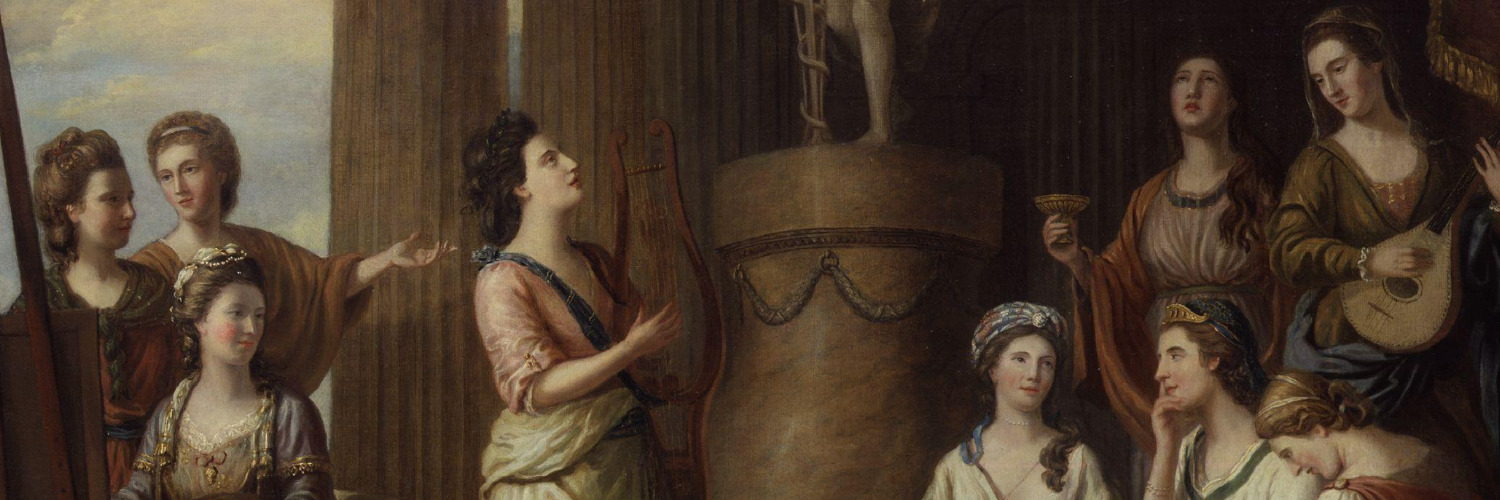- Physical form: One sheet folded into 2 leaves (18.7 x 23.6 cm); fol 2r is blank, 2v is cover
- Cover: Miss Rickards / Church Row / Hampstead / London
- PMs: [in oblong box] To be [text lost to fold] / by 10 [xx] / on Sund[ay]
- [superimposed on above:] 7 o’Clock / JU 20 [xx]
- TwoPy Post / Unpaid / Stoke Newington
- WM: 1803 [no manufacturer’s name]
- SM: Misc MS 4363
I send you the letters upon which you were so good as to put a value.
I should have sent them sooner, but to tell you the truth they were mislaid & I had a great hunt before I could find them. I see I have them all, & as they come to you so late, I will not ask them again till after you get to Birmingham when I will copy them, which now I have not time for, & return them— I have some hopes of having dear Miss Finch
with me soon, a journey will do her good & she thinks she may be spared— We are now enjoying the haymaking season in which Newington appears to the greatest advantage, so perhaps does Hampstead but that has so many charms of prospect & such beautiful inequalities of ground
that
[fol 1v] that it does not depend upon any particular circumstance of season & is charming even in Winter. I am affraid you know but too well how deficient I am in the article of early rising, but one day this week Mr Barbauld & I rose at six & took a long walk & saw the hay-makers male and female coming to their work, all alive & chearful & rejoicing in the fineness of the day—I could not avoid contrasting the scene with Pinchard’s account, which I had just been reading, of the gangs of negroes going out under the whip,
& from their indolent movements & the very little work which he says they do, compared with our chearful voluntary labourers, I cannot but think it must be equally impolitic as inhuman— I suppose you are now very near your removal. May it be happy to you, tho it must be lamented by your friends in this part of the country. Affectionate compliments to Mrs Rickards & Miss Harrop if still with you.
Your's faithfully

